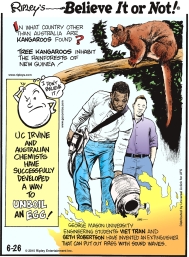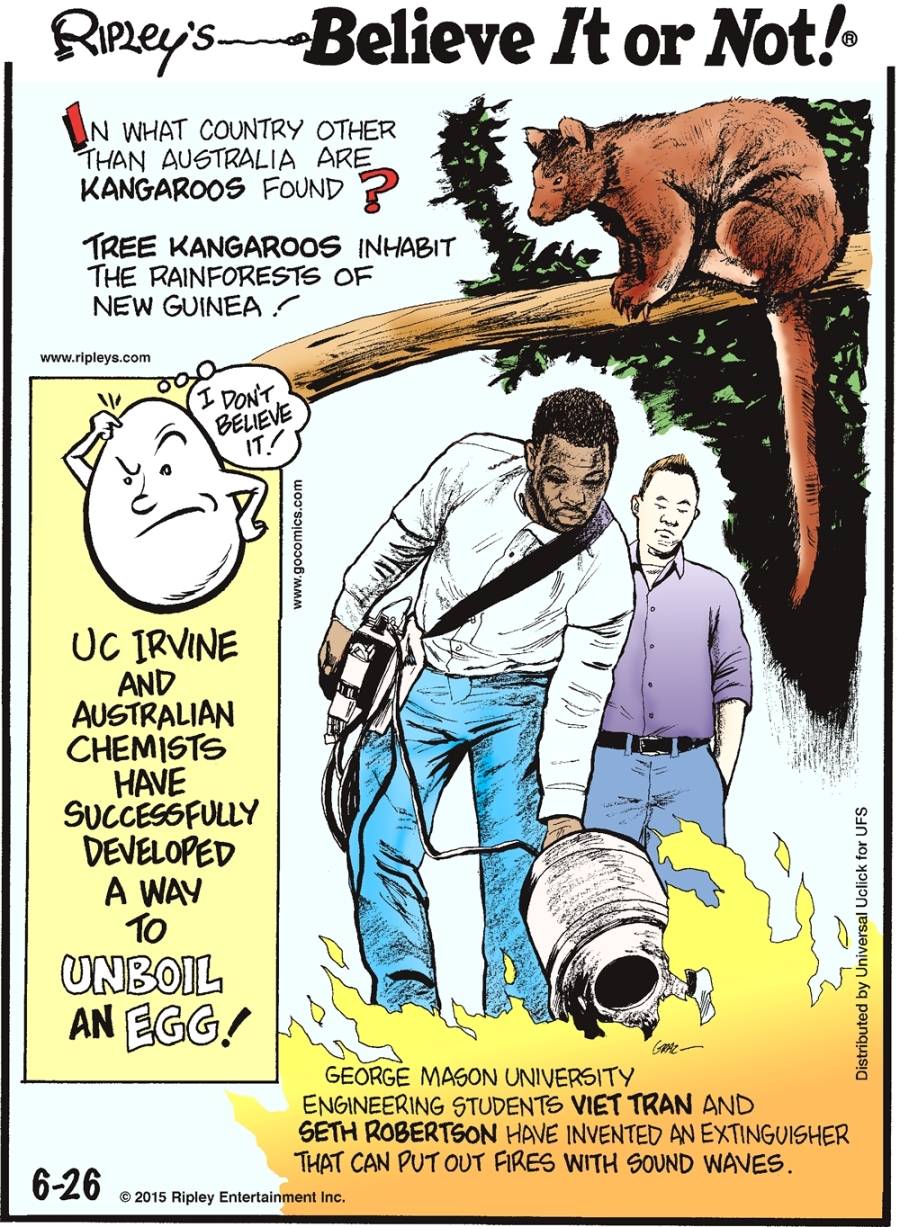As an entrepreneur with a sports venture, I am excited to see that Profs and business schools view sports as a major growth industry and are tailoring entrepreneurship programs in response. We have covered the programs that schools are offering for pro athletes. This article, from the Economist, is full of great examples, including a campus entrepreneur in Nebraska and a Stanford Prof who helps manage the Celtics! (I had no idea, very cool) Mark Cuban, btw, created Broadcast.com so that he could watch his beloved Hoosiers after he had left Bloomington. From the Economist:
At American business schools, there are signs of faith in the sports business. One believer is Professor H. Irving Grousbeck, the director of the Centre for Entrepreneurial Studies at Stanford Graduate School of Business. He juggles his academic duties with a role as managing partner of the Boston Celtics, a National Basketball Association (NBA) team.
Professor Grousbeck is part of Boston Basketball Partners LLC, a partnership that bought the Celtics in 2003. In the previous five decades, the Celtics had amassed 16 NBA championships, but a bad run in the 1990s and into the 21st century had tested the patience of their loyal following. Professor Grousbeck says he and his partners wanted to restore the team’s camaraderie and pride.
Not that sentiment caused them to forget the goal of profitability. Initially, the group considered buying a baseball team, but feared losing money. The Celtics’ asking price of $360m, says Professor Grousbeck, “felt fair”—although he stresses that, as a professor of entrepreneurship, he was aware the venture had its risks.
And,
And some sports-loving MBAs are taking their enthusiasm beyond the classroom. One such is John Wirtz, who got his MBA at the University of Nebraska and is now chief operating officer of Agile Sports Technologies, a start-up. While at Nebraska, he developed what eventually became “Hudl”, a software package offered by Agile that combines videos, playbooks, presentations and evaluations for players and managers to view online. In vindication of Professor Shropshire’s faith, the project was initially funded through prize money from business-plan competitions. In three years, ten teams have signed up, including the New York Jets NFL team.
BTW, the Economist has another piece on how Sport as an industry performs in a downturn. Is it recession proof?


